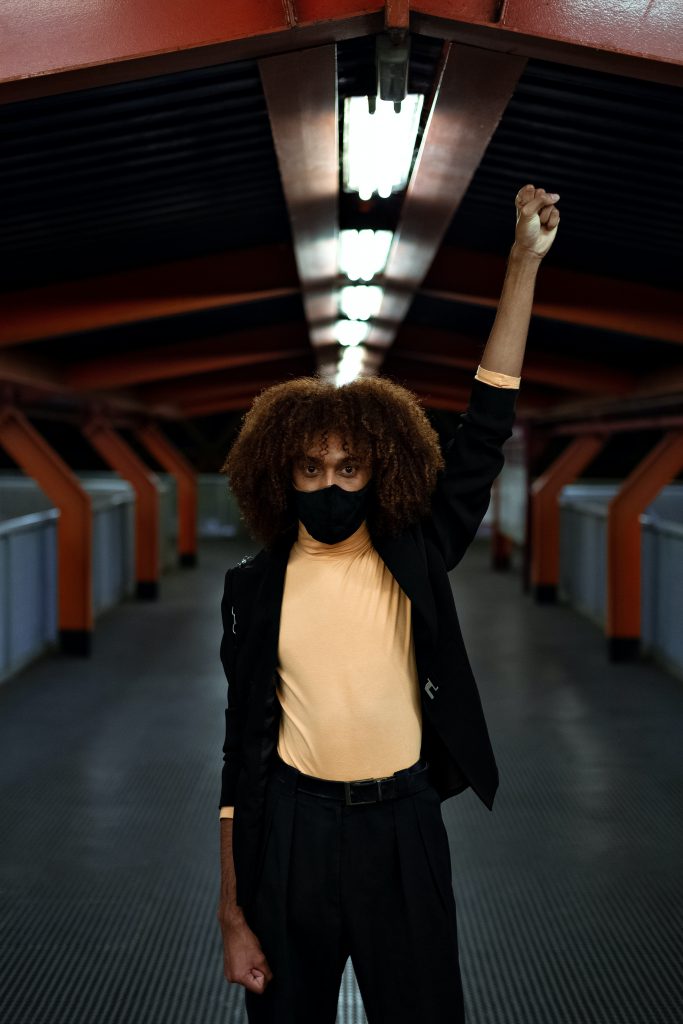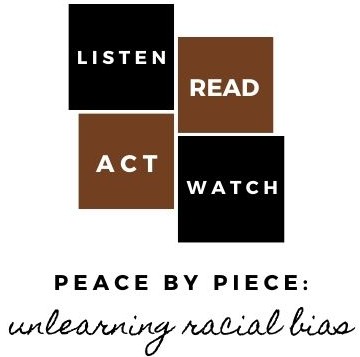This post is part of a year-long series. If my work is helpful for you, consider a contribution through Venmo to support this crucial work of unlearning racial bias.
When I was a first year teacher, I severely underestimated the gravity of allowing a football player to fail my class. This led to some close scrutiny of my (admittedly) sparse attempts to contact parents, followed by a visit from the coach, followed by a tense, awkward visit from the principal. At the time, I took much of the way the situation unfolded personally. And what I didn’t think was personal, I assumed was about football culture and sports being seen as more important than academics.

Now, as I look back on that experience and hold it up next to more recent observations of sports culture, during a pandemic, and as a distant outsider rather than a fan in the stands, I can’t help wondering if there was a deeper, self-serving creature at play in athletics at large. Namely, does sports culture care at all about black athletes once they are no longer deemed useful to the multibillion dollar industry that is professional sports?
On its face, this question may seem cynical or like an overgeneralization, but let’s zoom in to see some historical and contemporary examples of this idea in action. Time and again, we’ve borne witness to black athletes asserting their desire to be seen and known as three-dimensional individuals with their own thoughts and feelings regarding tragedy that befalls people who share their ethnicity, only to be fired, publicly criticized, mocked, or abandoned.
I remember learning about Wilma Rudolph in elementary school: how she was physically disabled for part of her childhood, and the success she would go on to have as an Olympic runner. What I did not learn then, though, was that it was only due to her adamant insistence that the hometown celebration that followed her success in the 1960 Rome Olympics was Clarksville, Tennessee’s first fully integrated municipal celebration.

Until recently, I thought Paul Robeson was a singer and actor; I had no idea he was an athlete as well. As the only black player on Rutgers’ football team in the early 20th century, Robeson withstood physical blows from his own would-be teammates before he could even try out for the team, and would later find himself benched in order to avoid “controversy” on the school’s 150th anniversary. Robeson wrote a critical letter to the university following this instance of his being benched, and even though at least one future team would threaten not to play Rutgers if Robeson took the field, his coach never backed down again.
The iconic photo of John Carlos and Tommie Smith raising their fists on the Olympic medal podium; the fact of Jesse Owens and his fellow black Olympians not being congratulated by FDR or invited to the White House in 1936 along with white Olympians; an announcer employed to call a high school girls’ basketball game employing a racial slur repeatedly and wishing the team failure because they had the temerity to kneel during the anthem – all of these amount to a deafening, collective cry from black American athletes’ own home and country to shut up and dribble, a collective f-ck your breath.
When I look into young athletes’ faces now, I see what I didn’t see as clearly as a first year teacher: hope, joy, enthusiasm at getting the opportunity to be part of thriving athletic programs. And then I pause and wonder: will this program build them up, affirm them, and carry them to successful, long, and healthy lives and careers? Will it push their bodies to their limits, proving to them that their bodies can withstand more pain and growth than they ever imagined before? Will they incur life-altering or life-ending injury? If they desire to express their own personal views regarding political and humanitarian issues, will the sport that nurtures them now still provide a culture of inclusion and support for them then?
Will the industry that profits from their hard work and dedication require them to stifle their humanity for its own comfort and financial bottom line?
I hope you will spend some time this week reading up on black athletes and activism, examining yourself for traces of bias, and listening to A Thousand Ways To Kneel And Kiss The Ground : Code Switch.
Once you’ve spent some time reading, reflecting, and listening, I hope you will consider these questions:

- When you have attended high school sporting events, have you felt a surge of joy at seeing young black students participating because you’ve assumed that excelling at sports is the only way they will be able to go to college and make a better life for themselves?
- Have you made this assumption without actually knowing anything about these individual students’ lives, families, or backgrounds?
- When black athletes that you admire have become involved in political activism, have you found yourself dismissing their political stances because they interfere with your ability to enjoy watching them display their athletic prowess?
Meet me back here next week, and we’ll continue constructing peace in our own hearts, one piece at a time.
